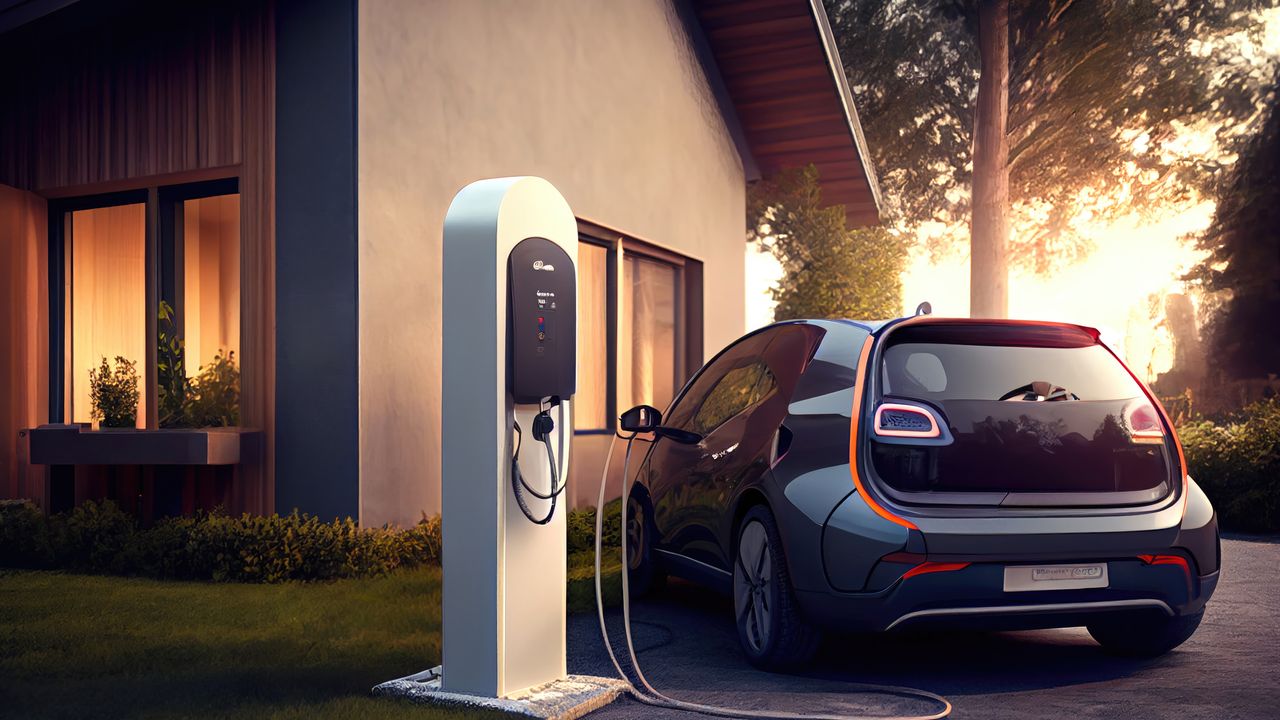EV Charging Station Scheduling: Striving for Fairness and Efficiency
As the popularity of electric vehicles (EVs) continues to rise, the demand for efficient and accessible charging infrastructure becomes increasingly important. One of the key challenges in managing EV charging stations is scheduling, which involves allocating charging slots to users in a fair and efficient manner. In this article, we will explore the significance of charging station scheduling, the role of user interfaces in enhancing the experience, and the potential conflicts that can arise.
The Importance of Charging Station Scheduling
Efficient scheduling of EV charging stations is crucial to ensure that users have access to charging facilities when needed, while also preventing congestion and long wait times. Without proper scheduling, charging stations could become overwhelmed, leading to frustration and inconvenience for EV owners. Moreover, effective scheduling can help optimize the utilization of charging infrastructure, reducing costs and maximizing the number of vehicles that can be serviced.
The Role of User Interfaces
A well-designed charging station scheduling user interface (UI) plays a pivotal role in enhancing the overall user experience. A user-friendly UI should provide clear information about available charging slots, estimated charging times, and any additional requirements or restrictions. By presenting this information in a visually appealing and intuitive manner, EV owners can easily plan their charging sessions and make informed decisions.
Furthermore, a robust charging station scheduling UI should offer features such as real-time updates, notifications, and the ability to reserve slots in advance. These functionalities empower users to manage their charging needs effectively, reducing conflicts and ensuring fair access for all. Additionally, integrating the UI with mobile applications or online platforms can further streamline the scheduling process, allowing users to check availability and make reservations remotely.
Striving for Fairness in Charging Station Scheduling
Ensuring fairness in charging station scheduling is paramount to promote equal access and prevent any form of discrimination. Fairness can be achieved through various mechanisms, such as implementing a first-come, first-served approach, time-based slot allocations, or even dynamic pricing based on demand. These strategies aim to distribute charging opportunities equitably among users, regardless of their vehicle type or charging requirements.
However, conflicts may still arise, especially in scenarios where charging demand exceeds the available capacity. In such cases, it becomes essential to establish clear guidelines and policies to address potential conflicts. For instance, implementing a fair queuing system that prioritizes users based on their charging needs or utilizing algorithms to optimize the allocation of slots can help mitigate conflicts and ensure a more balanced distribution of resources.
Addressing Conflicts and Future Considerations
While efforts are being made to improve charging station scheduling, conflicts may still occur due to various factors such as unexpected charging delays, technical issues, or user behavior. To address these conflicts, it is crucial to establish effective communication channels between charging station operators and users. Feedback mechanisms, support hotlines, or online forums can enable users to report issues and seek assistance promptly, minimizing disruptions and enhancing overall satisfaction.
Looking ahead, advancements in technology, such as smart grid integration and vehicle-to-grid communication, hold great potential for optimizing charging station scheduling. These innovations can enable real-time monitoring of charging infrastructure, dynamic load balancing, and predictive analytics to anticipate and prevent conflicts. By harnessing the power of data and automation, charging station operators can further enhance fairness, efficiency, and user satisfaction.
Conclusion
Efficient and fair scheduling of EV charging stations is essential to meet the growing demand for electric vehicles. By implementing user-friendly interfaces, promoting fairness, and addressing conflicts, we can ensure that EV owners have convenient access to charging infrastructure while optimizing the utilization of resources. As technology continues to evolve, the future of charging station scheduling looks promising, with the potential for even greater efficiency and user satisfaction.
